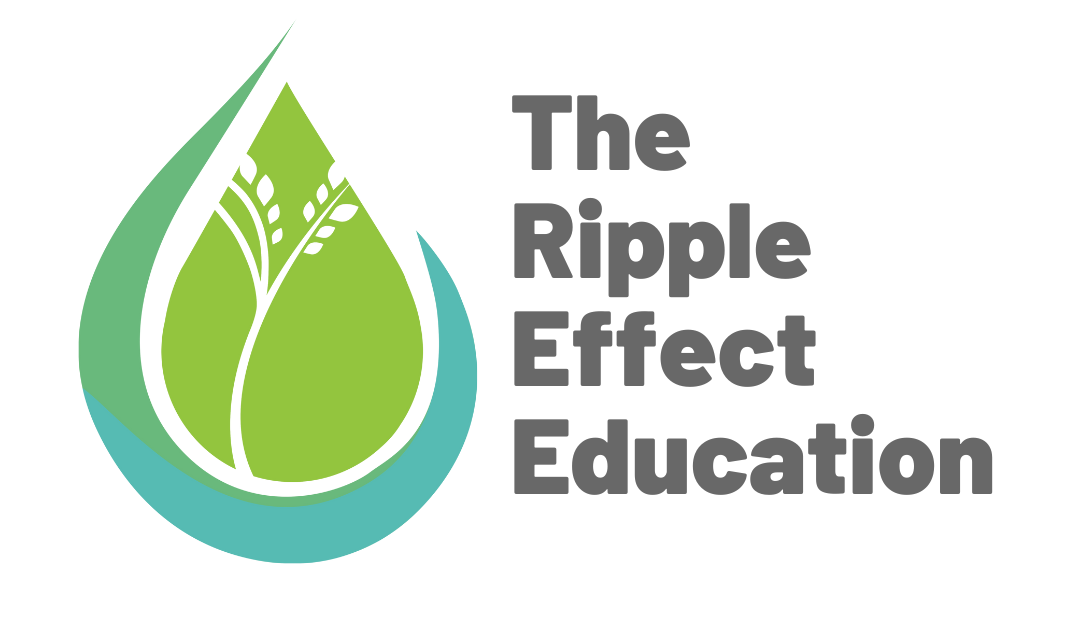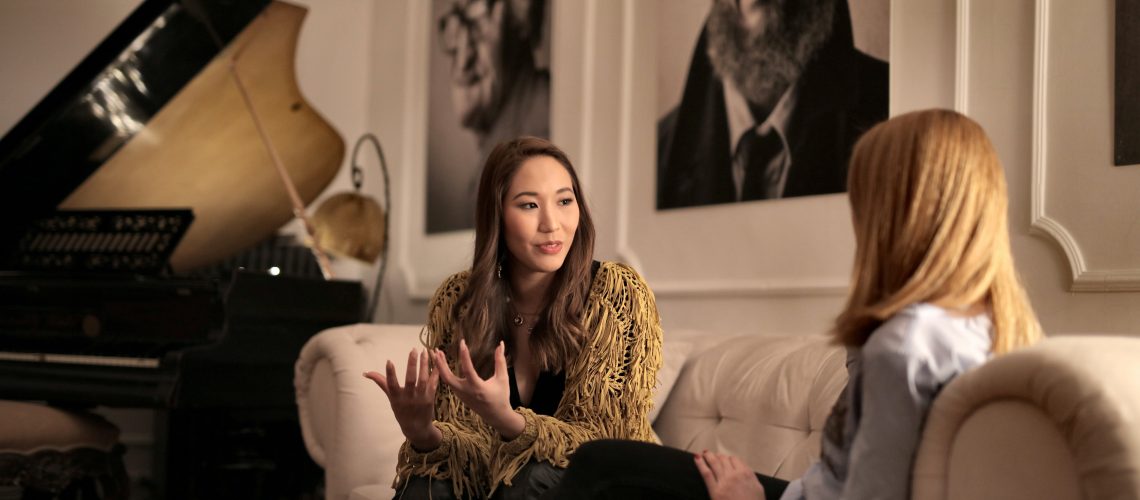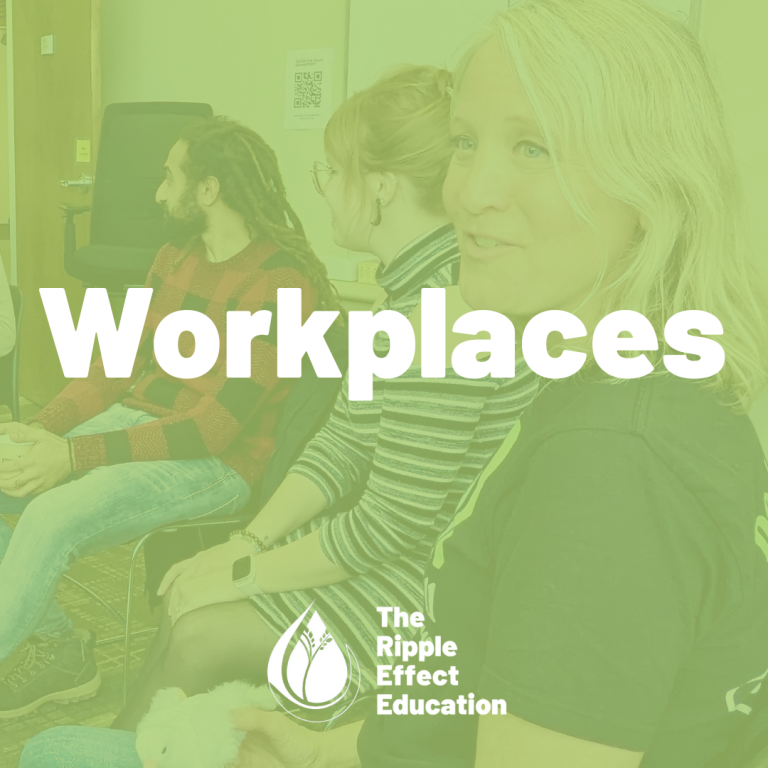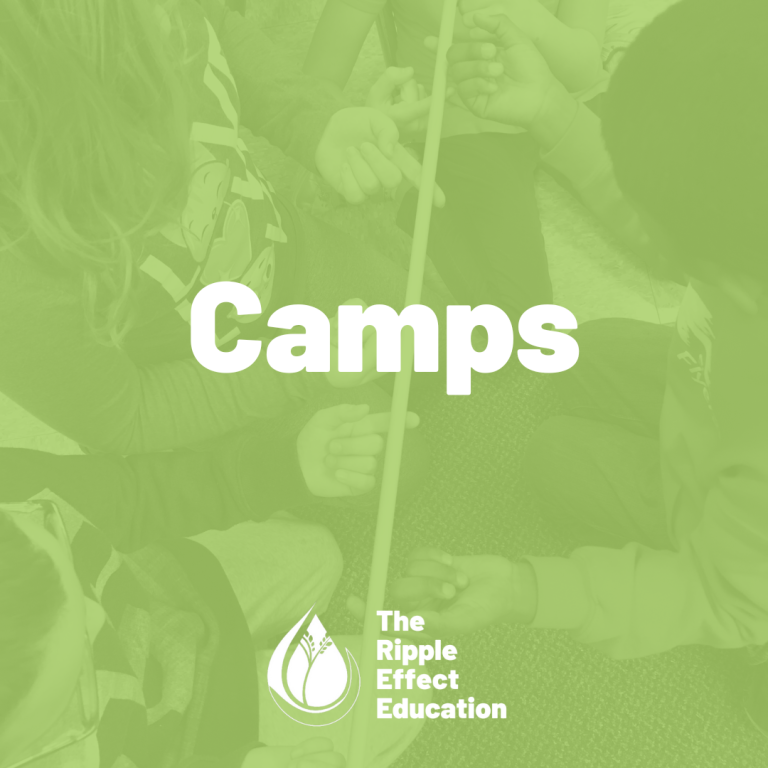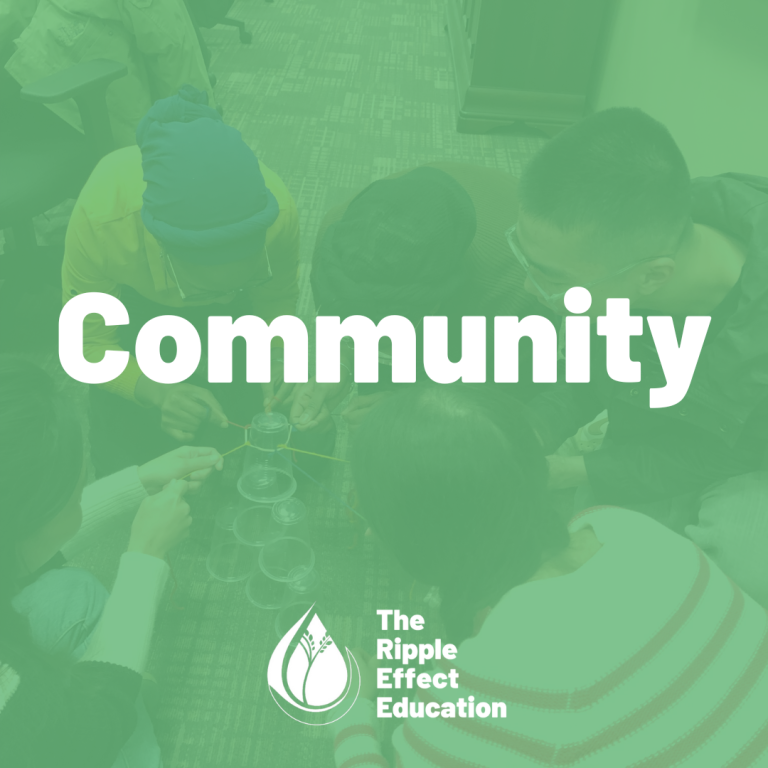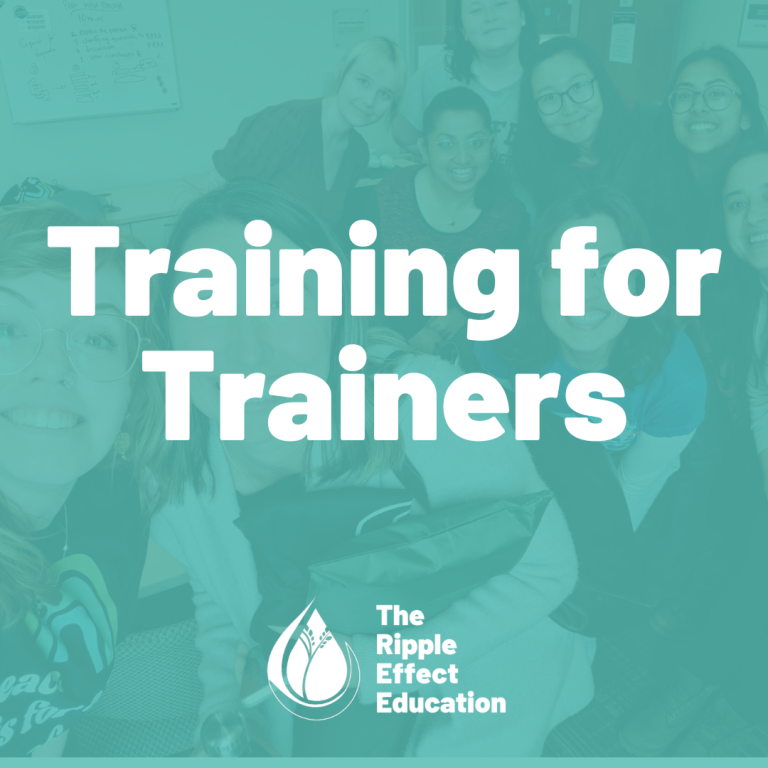When we hear a hurtful comment in a conversation, it is challenging not to respond from our feelings. Our emotions can be helpful to us but they can also derail us. During one particular conversation with a friend, I had intended to comfort them but my impact turned out to be harmful. Tension began to rise, it felt chaotic, and we were experiencing our first conflict within the friendship.
What can we do when we find ourselves in conflict with someone else? I knew the importance of listening to and understanding a person’s needs and wants, especially when in conflict, but I also decided to take a step back and get us back on track by reframing the conflict.
We can use reframing in a conflict to shift perspectives and deepen understanding between one another. For example, someone might say to you during a conflict, “Well, you could have taken 5 minutes to do this. It’s not that difficult, and it would not have been such a big deal.” Here is a perfect chance to reframe and redirect the conversation to prevent a harmful conversation that might damage your mental health, the other persons, and the overall relationship. You might reply with, “Is this about the frustrating day we all had yesterday? The task you’re referring to requires more time to complete, and I’m happy to hear any suggestions you have on completing it.” Instead of competing with the person, reframing helps you dive into a more meaningful conversation without fixating on the negativity. It can also be helpful to acknowledge the frustration the other person is feeling. Doing so can give them a chance to walk into a more neutral space and problem-solve with you.
Reframing takes practice and involves techniques from active listening. Here are some tips we can take to reframe in conflict situations:
- Repeat or echo back what you heard someone say. This active listening technique helps when we need clarification or when we’re unsure of something.
- Perspective-shifting. There are different sides to each story and, therefore, multiple truths. Share your stories before diving deeper into the issues; this will help you both empathize with one another.
- Avoid accusations. Due to our different perspectives, life experiences and biases, our motivations are diverse. We may intend to tell a joke to cheer a person up, but the impact is harmful to them. Context is essential and we can avoid making accusations by responding from a curious standpoint.
- Instead of judging, ask, “What’s going on for them?” During these challenging times, we are all at a heightened level of stress. If you’re receiving a strong reaction, they might be going through a stressful life event that affects how they show up in other aspects of their lives.
Remember that reframing is a skill to be practiced over time and with trusted people in our lives. Reframing will help us emotionally regulate and separate technical information from emotional information. It’s never too late to learn, and let’s remember to lend ourselves compassion as we continue to learn and grow in reframing.
Let us know in the comments which steps have worked for you!
Photo by Andrea Piacquadio from Pexels
References
McNamara, Carter. “Reframing for Problem Solving (to See Things Differently).” Free Management Library, https://managementhelp.org/personalproductivity/reframing.htm.
Handel, Steven. “The Echo Effect: How Repeating People’s Words Improves Social Interaction.” The Emotion Machine, 24 Sept. 2021, https://www.theemotionmachine.com/the-echo-effect-how-repeating-peoples-words-improves-social-interaction/.
Sheesley, Christopher. “Reframing: A Conflict Resolver’s Superpower.” Mediate.com – Find Mediators – World’s Leading Mediation Information Site, https://www.mediate.com/articles/sheesley-superpower.cfm.
Stone, Patton and Heen, 1999.

Mackita Allison holds six years of training in Peace and Conflict Studies from the Sault College Diploma Program in Toronto. She also graduated from the Honours Peace and Conflict Studies program at the University of Waterloo, with a minor in Latin American Studies. Mackita brings previous experiences as a MAD Science teacher, summer camp counselor and swimming instructor. She has also worked with KAIROS in their blanket exercise program, and on nuclear disarmament with International Physicians for the Prevention of Nuclear War Canada. Mackita is excited to make peace knowledge fun for young learners, to inspire students to pursue peace and justice in their own lives. In her free time, Mackita enjoys sleeping, petting dogs, biking, soccer, hanging out with friends, and listening to music.
